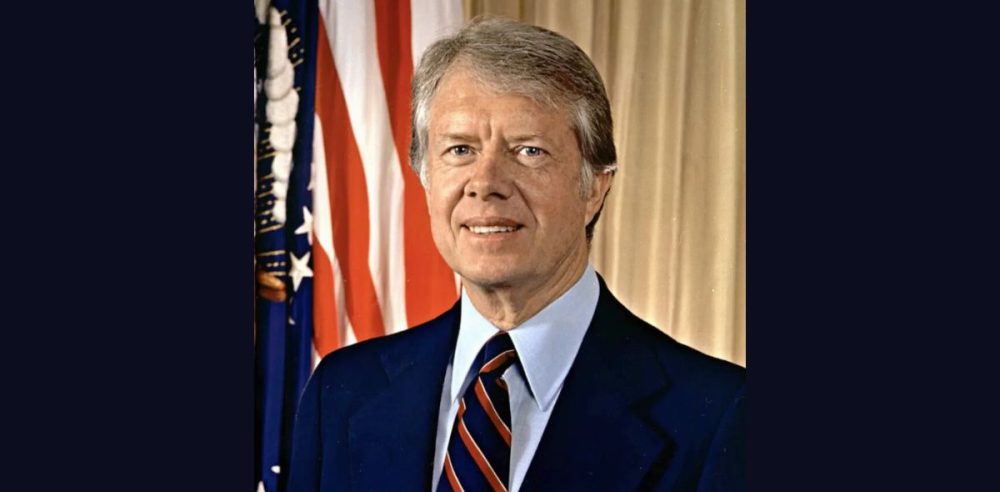Jimmy Carter passed away peacefully at his home in Plains, Georgia, on Sunday, surrounded by family, as confirmed by his son, James E. Carter III. He was 100 years old, closing a remarkable chapter in history as the oldest living U.S. President.
In early 2023, the former President made the poignant choice to forgo treatment for an aggressive form of melanoma skin cancer, as reported by The Washington Post.
His devoted partner, Rosalynn Carter, a key political and policy advisor throughout his life, passed on November 19, 2023. Together, the Carters shared an extraordinary bond that spanned over 77 years, setting a record for presidential marriages in U.S. history.
Carter’s presidency was defined by his humble approach to leadership and public Christian faith. He turned down corporate board memberships and lucrative speaking engagements, instead choosing to write and contribute to society through initiatives like Habitat for Humanity, where he played a vital role in renovating over 4,300 homes.
Serving as the 39th President of the United States from 1977 to 1981, Carter’s impact extended far beyond his time in office. In 2002, he was awarded the Nobel Peace Prize in recognition of his work in resolving international conflicts, championing democracy and human rights, and fostering economic and social development.
Born James Earl Carter, Jr. on October 1, 1924, in Plains, Georgia, he was raised in a farming family. His Baptist faith and early interest in politics greatly influenced his values and actions. After graduating from the Naval Academy in 1946, he married his beloved Rosalynn Smith, and together, they raised four children—three sons, Jack, Chip, and Jeff, and one daughter, Amy.
Following seven years of military service, Carter returned to his hometown and ventured into politics in 1962. As Governor of Georgia, elected in 1970, he earned national attention for his commitment to environmental issues, government efficiency, and racial equality.
Carter’s presidential campaign began in December 1974 and culminated in a hard-fought victory for the Democratic nomination. With Senator Walter F. Mondale as his running mate, he won the election against President Gerald R. Ford, according to Carter’s White House biography.
During his presidency, Carter’s policies were attributed to creating significant economic challenges, including stagflation and unemployment. His domestic accomplishments included establishing a national energy policy in response to the energy crisis, reforming civil service for greater government efficiency, and expanding the national park system to promote environmental conservation. He was also responsible for creating the Department of Education.
In international affairs, Carter’s focus on human rights set him apart from many of his predecessors. Despite facing criticism from the Soviet Union, he brokered the Camp David Accords between Egypt and Israel, and secured the Panama Canal treaties. He also established full diplomatic relations with China and negotiated the SALT II nuclear treaty with the Soviet Union, according to Carter’s White House biography.
Nevertheless, Carter’s presidency was challenged by a terrible economy, the Soviet invasion of Afghanistan, which complicated the SALT II agreement, and the Iran hostage crisis that overshadowed his final year in office. The combination of these challenges led to his overwhelming defeat in the 1980 election. In a final insult to his presidency, the 52 American hostages were released on the very day he left office.


